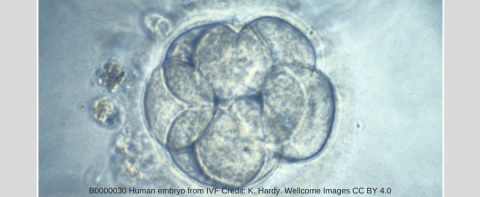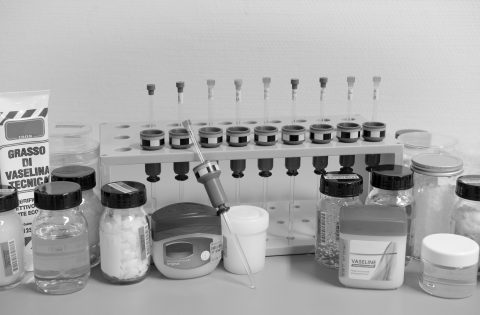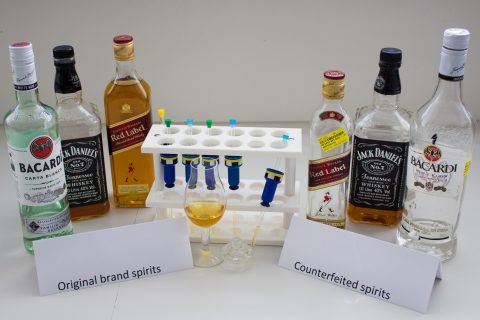There are many questions that have been answered in science, but what happens when you go back and re-examine the evidence? Gavin Jarvis gives us insight into his quest to explore the evidence about embryo mortality and why F1000Research was the perfect place to publish his results.
Science is often a long-term endeavour, with research being conducted over months or years, but scientific hackathons turn this notion on its head by bringing participants together to come up with solutions for scientific problems in just three days. Lisa Federer, from the National Institutes of Health, talks about the creative and collaborative nature of hackathons and the opportunities to get involved.
Through our new partnership with Plotly, you can now publish interactive figures in our articles and for a limited time you will receive a 50% APC reduction if you include one in your article. Thomas Ingraham introduces this new exciting feature and explains how it can bring your data to life
Technology is being incorporated more and more into our daily lives. Social media platforms allow researchers to easily connect with one another and to simply find citations or resources. Guest blogger, Sarah Kearns, a PhD student at University of Michigan, gives her views on knowledge networking, and explains how it can help researchers compile and share information, as well as to find their way through the mounds of data and resources in order for these conclusions to be made.
A research article published in F1000Research considers how we can improve routine monitoring of mineral hydrocarbons in cosmetics and medicinal products to minimize the potential health risk. Introducing MOSH and MOAH Mineral oils or mineral oil hydrocarbons are rather vague terms to describe some fractions obtained during crude oil refinement. They are usually comprised of a…
We have launched Open Research Central, a new portal through which research in any field can be submitted for formal publication on one of the open research publishing platforms that we provide for funders and institutes. Through Open Research, we will grow a publishing model that truly focuses on serving the needs of authors and their research communities.
It is a human right to access safe, voluntary family planning, but there is an unmet demand for contraceptives, with millions of women either lacking access to information or services, or do not feel they have reproductive control. For World Population Day, we take a look at the recommended research to improve reproductive health and advance contraceptive use.
In June, a DNA analysis of over 200 ancient cat remains from Viking graves, Egyptian mummies and Stone Age Sites, revealed how the cat was domesticated and how it efficiently spread across the globe. This inspired us to paw through our recommended articles on the other findings made about felines based on their genetics. We also include our usual top 3 articles for the month and our Hidden Jewels.
Research published in F1000Research, discusses the public health issues arising from the unregulated trade of alcohol. One of the authors, Dirk Lachenmeier, explains the potential harm to underage drinkers; the hazards due to toxic ingredients such as methanol; and the potential harm of increased drinking volumes due to low prices and high availability on the internet.
Liz Allen recently participated in a workshop hosted by the University of Kent Business School – the subject was whether metrics or peer review are the best tools to support research assessment. In this post, she looks into what peer review actually tells us and how we use expert opinion.

















